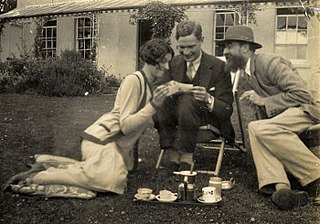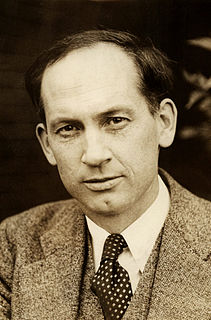A Quote by Terry Tempest Williams
I believe the personal is the collective. One of the ironies of writing memoir is in using the "I" it becomes an alchemical "we." This is the sorcery of literature.
Quote Topics
Related Quotes
Memoirs are going to be problematic sells for a while, though, because even if memoir means "based in memory," right now, in the collective mind, memoir means "recovery." When my agent and I started looking at small presses the possibility for my book, I realized most small presses were not publishing memoir, because they don't want to be associated with the genre that Mary Karr calls, half-facetiously, "literature's trashy cousin."
Great drama, drama that may reach the alchemical level, must have dimension and its relevance will take care of itself. Writing about AIDS rather than the cocktail set, or possibly the fairy kingdom, will not guarantee importance. . . . The old comment that all periods of time are at an equal distance from eternity says much, and pondering on it will lead to alchemical theatre while relevance becomes old hat.
I have felt the pain that arises from a recognition of beauty, pain we hold when we remember what we are connected to and the delicacy of our relations. It is this tenderness born out of a connection to place that fuels my writing. Writing becomes an act of compassion toward life, the life we so often refuse to see because if we look too closely or feel too deeply, there may be no end to our suffering. But words empower us, move us beyond our suffering, and set us free. This is the sorcery of literature. We are healed by our stories.
Now the truth is, writing is a great way to deal with a lot of difficult emotional issues. It can be very therapeutic, but that's best done in your journal, or on your blog if you're an exhibitionist. Trying to put a bunch of *specific* stuff from your personal life into your story usually just isn't appropriate unless you're writing a memoir or a personal essay or something of the sort.
It's weird being an author because it's different than writing songs. You put so much more of yourself out there to be judged because it's a memoir. So when the reviews come in, they all feel really personal. Some people are just going to hate you no matter what. Personally, I never believe good reviews.































